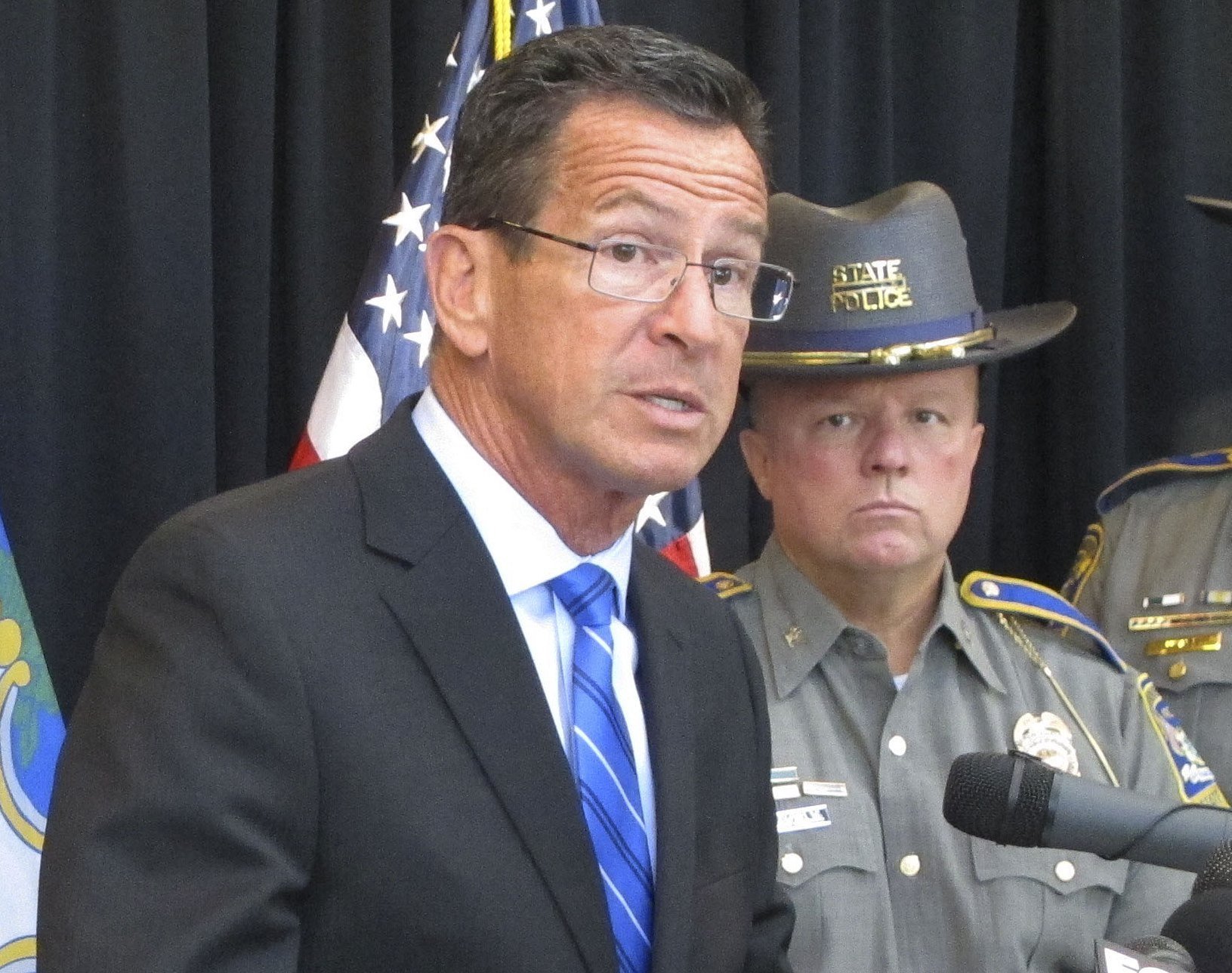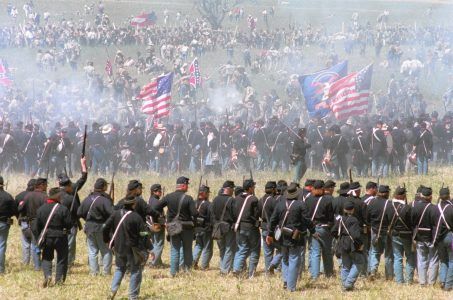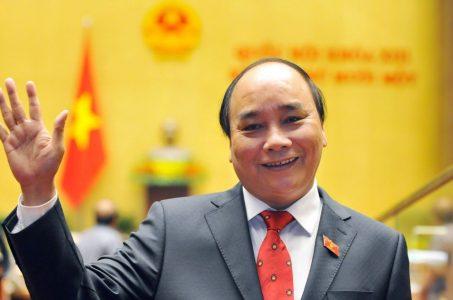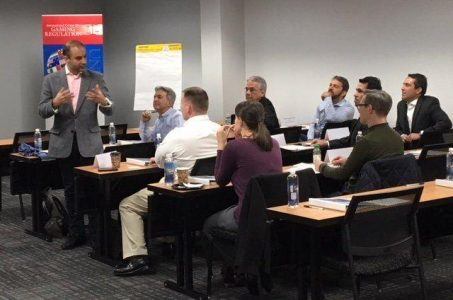Connecticut Plans Special Session to Fast-Track Sports Betting
Posted on: May 21, 2018, 01:00h.
Last updated on: May 21, 2018, 12:47h.
Connecticut Governor Dannel Malloy said this week that “the world has changed” since the US Supreme Court struck down PASPA, paving the way for state-sanctioned sports betting.

Malloy said he would talk with lawmakers on Wednesday with a view to organizing a special session to try to get a sports betting bill passed. He told the Associated Press that Connecticut “must do something” and “as quickly as possible.”
Connecticut lawmakers tried but failed to “do something” in the 2018 legislative session, when time ran out before a bill to develop a framework of regulation could be agreed. The sticking point was the states’ two federally recognized tribes’ assertion that sports betting is a “casino game” on which they would hold exclusivity.
But if sports betting is legalized in Connecticut, the state lottery would like a piece of it, as would the state’s dozen or so off-track betting operators. Lawmakers, though, are anxious this could endanger the revenue-share agreement with the tribes that’s worth around $250 million a year.
Is Sports Betting a Casino Game?
The jury’s out on whether sports betting is purely a casino game. The tribes point to Nevada, where regulated sports betting is only permitted at casino sports books, but this argument may hold less water when the West Virginia State Lottery begins offering sports betting via online apps, as planned.
Meanwhile, State Attorney General George Jepsen has described sports betting’s classification as an “open question,” suggesting it will be difficult for the tribes to prove it is indisputably a casino game.
At a press briefing in early May, House Majority Leader Matthew Ritter (D-Hartford), said the tribes’ argument lacked credibility because “when the compact was signed, there was no sports gaming in Connecticut.”
“It was never contemplated, the specific words were never used, and here we are 26 years later and they’re raising it for the first time,” he said.
Strike While the Iron’s Hot
Now PASPA has been repealed, the sense of urgency in the legislature may stem from Massachusetts’ dawdling on the issue.
Connecticut’s casino sector has been threatened by the construction of the $950 million MGM Springfield on its northern border with Massachusetts. So much so that it passed a law that permitted the tribes to build an off-reservation satellite casino on the other side of the border, in a bid to deflect competition.
But Massachusetts State Representative Solomon Goldstein-Rose (3rd Hampshire) of Amherst told the press last week that Massachusetts would be taking a softly-softly approach to sports betting.
“I think it’s something the Legislature is going to look at,” said the Massachusetts lawmaker. “I know the speaker, the Senate president and the governor have all said it’s something they’re interested in and, in Massachusetts Legislature-style, want to move very slowly and deliberately on.”
Suddenly, the tribes have a chance to gain a temporary edge on MGM, but, as Malloy says, the state needs to act quickly, and the tribes would be foolish to stand in its way.
Related News Articles
Most Popular
Mirage Las Vegas Demolition to Start Next Week, Atrium a Goner
Where All the Mirage Relics Will Go
Most Commented
-
Bally’s Facing Five Months of Daily Demolition for Chicago Casino
— June 18, 2024 — 12 Comments
















No comments yet